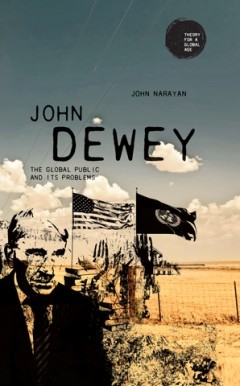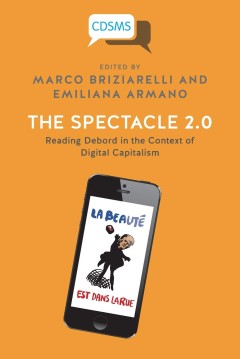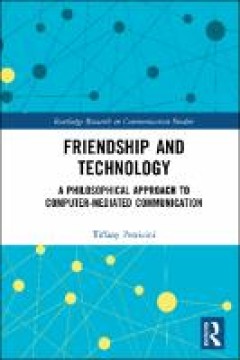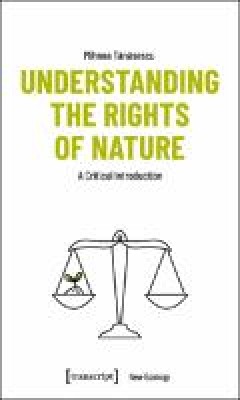Filter by

John Dewey : The Global Public and its Problems
"This book argues that John Dewey should be read as a philosopher of globalization rather than as a 'local' American philosopher. Although Dewey's political philosophy was rooted in late nineteenth and early twentieth century America, it was more importantly about the role of America in a globalized world. In returning to, and recovering the neglected global dimensions of Dewey's political phil…
- Edition
- -
- ISBN/ISSN
- 9781526101020
- Collation
- xii, 192 p.
- Series Title
- -
- Call Number
- 320.01 JOH J

The Spectacle 2.0 : Reading Debord in the Context of Digital Capitalism
Spectacle 2.0 recasts Debord's theory of spectacle within the frame of 21st century digital capitalism. It offers a reassessment of Debord’s original notion of Spectacle from the late 1960s, of its posterior revisitation in the 1990s, and it presents a reinterpretation of the concept within the scenario of contemporary informational capitalism and more specifically of digital and media labour…
- Edition
- -
- ISBN/ISSN
- 9781911534464
- Collation
- xi, 252 p.
- Series Title
- -
- Call Number
- 303.484 SPE E

Friendship and technology : a philosophical approach to computer mediated com…
This book explores the nature of technology – participatory media in particular – and its effects on our friendships and our fundamental sense of togetherness. Situating the notion of friendship in the modern era, the author examines the possibilities and challenges of technology on our friendships. Taking a media ecology approach to interpersonal communication, she looks at issues around p…
- Edition
- -
- ISBN/ISSN
- 9781003188810
- Collation
- xi, 156 p. : ill
- Series Title
- -
- Call Number
- 158.25 PET f

Understanding the Rights of Nature : A Critical Introduction
Rivers, landscapes, whole territories: these are the latest entities environmental activists have fought hard to include in the relentless expansion of rights in our world. But what does it mean for a landscape to have rights? Why would anyone want to create such rights, and to what end? Is it a good idea, and does it come with risks? This book presents the logic behind giving nature rights and…
- Edition
- -
- ISBN/ISSN
- 9783837654318
- Collation
- 168 p.
- Series Title
- -
- Call Number
- 300 TAN u

No truth without beauty : god, the Quran, and women's rights
In this comprehensive open access book, written for readers from any or no religious background, Leena El-Ali does something remarkable. Never before has anyone taken on every last claim relating to Islam and women and countered it not just with Qur’anic evidence to the contrary, but with easy-to-use tools available to all. How can a woman’s testimony be worth half of a man’s? How can men…
- Edition
- 4
- ISBN/ISSN
- 9783030835828
- Collation
- xxxii, 306 p.
- Series Title
- -
- Call Number
- 297.082 ELA n
 Computer Science, Information & General Works
Computer Science, Information & General Works  Philosophy & Psychology
Philosophy & Psychology  Religion
Religion  Social Sciences
Social Sciences  Language
Language  Pure Science
Pure Science  Applied Sciences
Applied Sciences  Art & Recreation
Art & Recreation  Literature
Literature  History & Geography
History & Geography